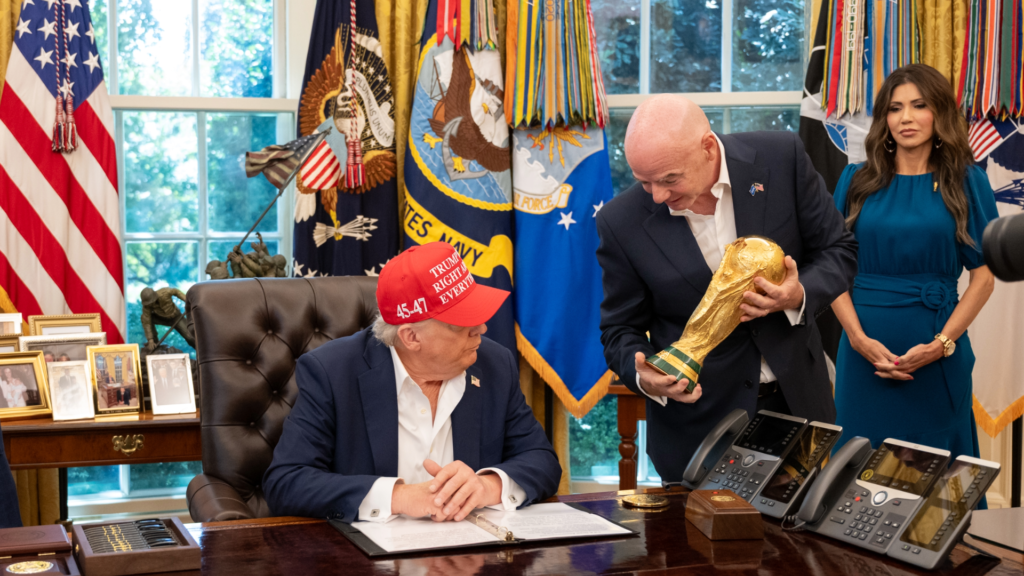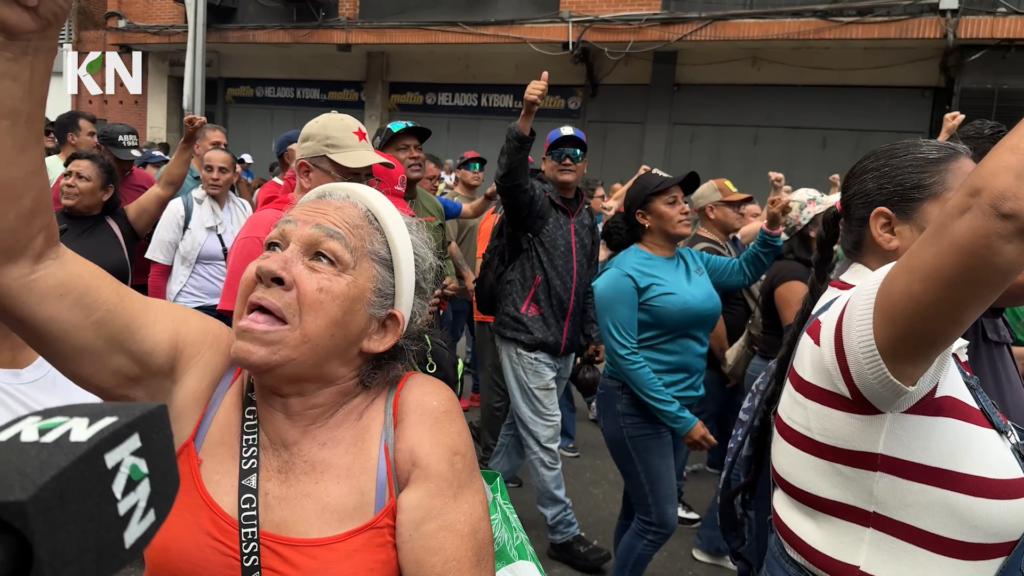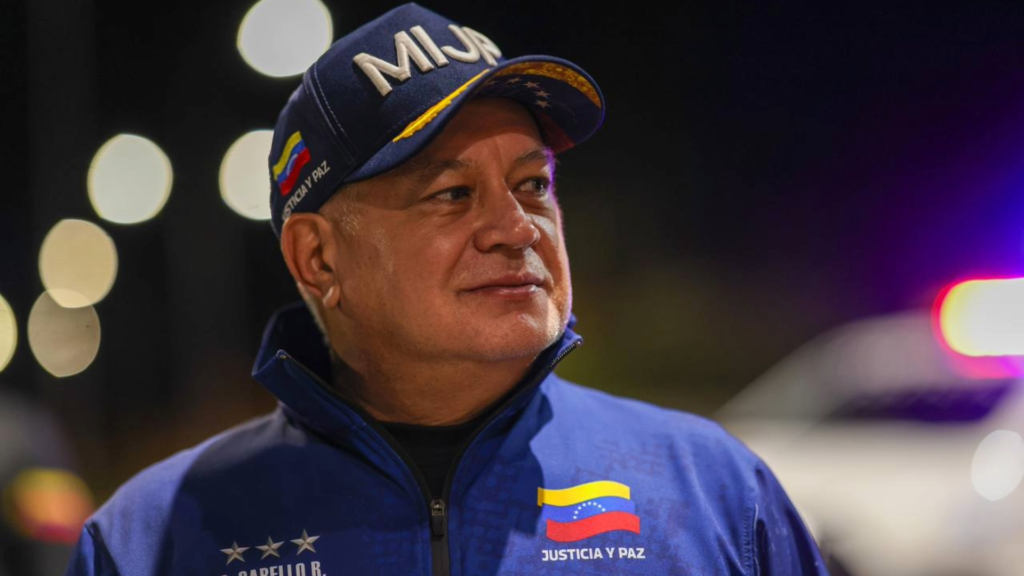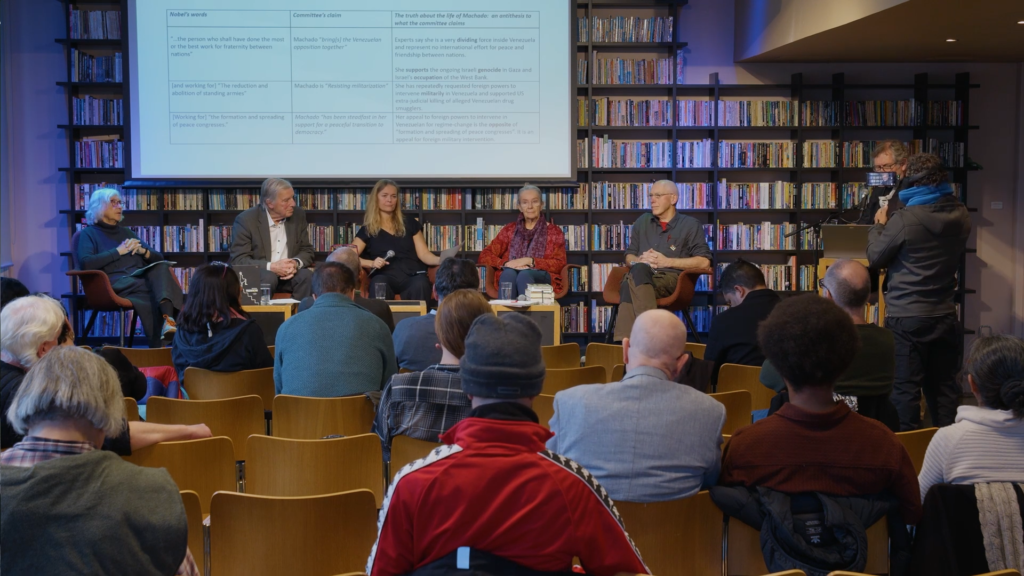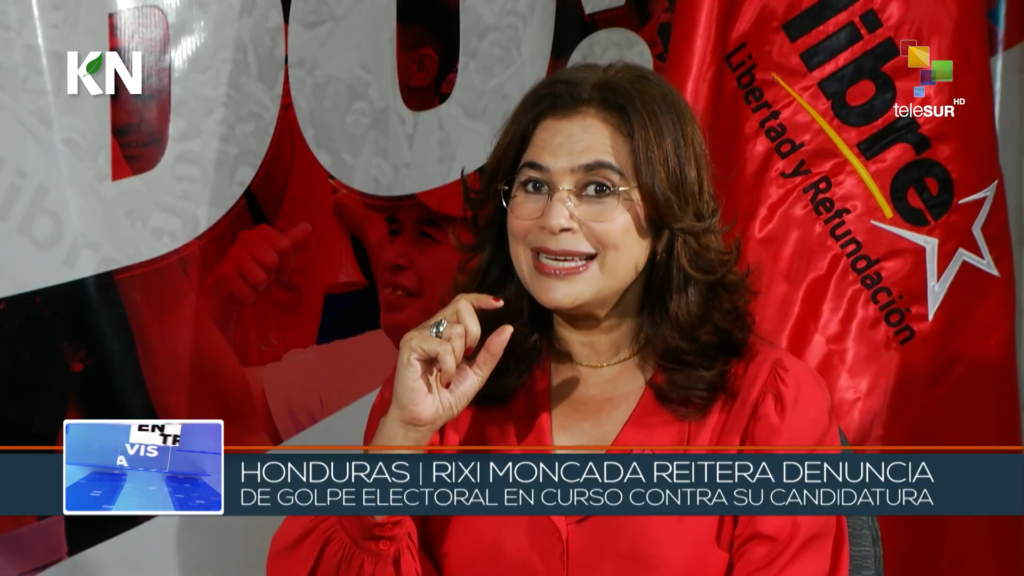I have read very carefully the comments of many comrades, people whom I love and respect greatly, who simplify the situation of the crisis of the left in Bolivia. I know that these criticisms come from honest people, born of genuine concern and solidarity with the Bolivian people.
However, a number of common points arise that deserve explanation, given the unique characteristics of Bolivia, its social organizations, and its left.
1. “The fracture of the left is a struggle of personal ambitions”
It is not egos, lack of generosity, or pettiness that marked the break between social organizations and the government of Luis Arce. This is a reductionism that hides a lack of understanding of what the Political Instrument of social organizations that came to conquer political power in Bolivia in December 2005 means.
This instrument is the sum of the largest indigenous and peasant organizations in the country, in a country that is, needless to say, predominantly indigenous.
These organizations are structured into unions, union sub-centrals, provincial centrals, departmental federations, and national confederations. It is these structures that debate and decide the course of the instrument. These are not personal decisions or whims, but organic decisions that cut across Bolivian territory.
These organizations were systematically attacked by the government of Luis Arce, who, as a result of manipulations of the justice system, managed to take away their party acronym.
So, the break with Arce, among many other reasons, was due to his decision to ban the entire movement organized around the Political Instrument, his catastrophic economic management, and serious allegations of corruption.
Furthermore, these organizations decided that their candidate should be Evo Morales. The demonstrations and protests against the ban were met with repression, an attempt on Evo’s life, and the violent takeover of several union headquarters. As of this writing, dozens of indigenous leaders are still in prison or in hiding.
2. “No one sought unity”
Although Luis Arce’s government used the same tactics as Lenin Moreno when he banned Rafael Correa, Evo Morales, and the social organizations of the Political Instrument proposed several alternatives to prevent implosion. First, they proposed holding closed internal primaries with the participation of the party’s membership, which exceeded one million registered members. Then, when this was rejected, he proposed holding open primaries in the Argentine style. That proposal was also rejected. Finally, Evo Morales proposed conducting Mexican-style polls to select the candidate, with a commitment to fully support whoever was favored. That proposal was also rejected because the intention was always to politically annul Evo Morales at all costs and, therefore, the organic decisions. Andrónico Rodríguez also did not want primaries to be held.
3. “Andrónico Rodríguez’s candidacy represented the popular bloc”
Andrónico was the young politician who could best represent the interests of the Bolivian popular bloc. An indigenous person, union leader, political scientist, and president of the Senate, he was seen by all as the natural heir to Evo Morales’ political legacy.
However, he committed the political crime of launching his candidacy behind the backs of the social organizations that make up the Political Instrument. It was through a press conference that the indigenous and peasant leadership learned that Andrónico had made the individual decision to launch his candidacy, without it being the result of a decision by the structures of those organizations.
It was a personal candidacy that dealt one of the hardest blows to the Political Instrument because it usurped a representation that had not been conferred upon him, legitimized the proscription of the popular movement, and broke with the logic of collective decision-making. Rodríguez was expelled from his union and his peasant federation. His very low percentage in the elections is proof that his candidacy did not have popular support. To make matters worse, his lists of candidates included people who were clearly right-wing.
4. “The null vote is useless”
The decision to campaign for the null vote was not an individual or capricious decision by Evo Morales. It was a collective decision that took time to make and was based on the logic that these elections were illegitimate because they were held while banning the country’s largest political movement. Despite the brevity of the campaign, the null vote reached nearly 20 percent of the votes, when the average of all previous elections was closer to 3.5 percent. It was a protest vote, a disciplined vote, a vote that shows that social organizations continue to be the soul and essence of the Bolivian left.
5. “It is the twilight of Evo Morales and the Bolivian left”
The election results show that the Bolivian left is based on indigenous and peasant social organizations, that Evo Morales remains the undisputed leader, and that this is where the real opposition to the right wing that will take political power in November lies.
Just as happened after the coup d’état, it was these organizations and this leadership that managed to restore democracy. After the series of blows that this time came from the Arce government and Rodríguez’s breakaway, it will be these organizations that will chart the course that the popular and revolutionary movement in Bolivia must follow.
Final note on equidistance
A call to the Latin American left: there can be no equidistance between those who betray and those who are betrayed, between those who seek to destroy our political organizations and those who defend them, between those who proscribe and those who are proscribed, between those who seek to assassinate our comrades and those who are the victims, between those who imprison indigenous leaders and those who are imprisoned. Our equidistance in the face of injustice is a weapon for our enemies.
As José Martí rightly said: “Men cannot be more perfect than the sun. The sun burns with the same light with which it shines. The sun has spots. The grateful see the light. The ungrateful see the spots.”
Sacha Llorenti is Bolivian, a lawyer, former minister, and former president of the UN Security Council.
This article has been translated from Spanish by Kawsachun News. Read the original in Nodal.


